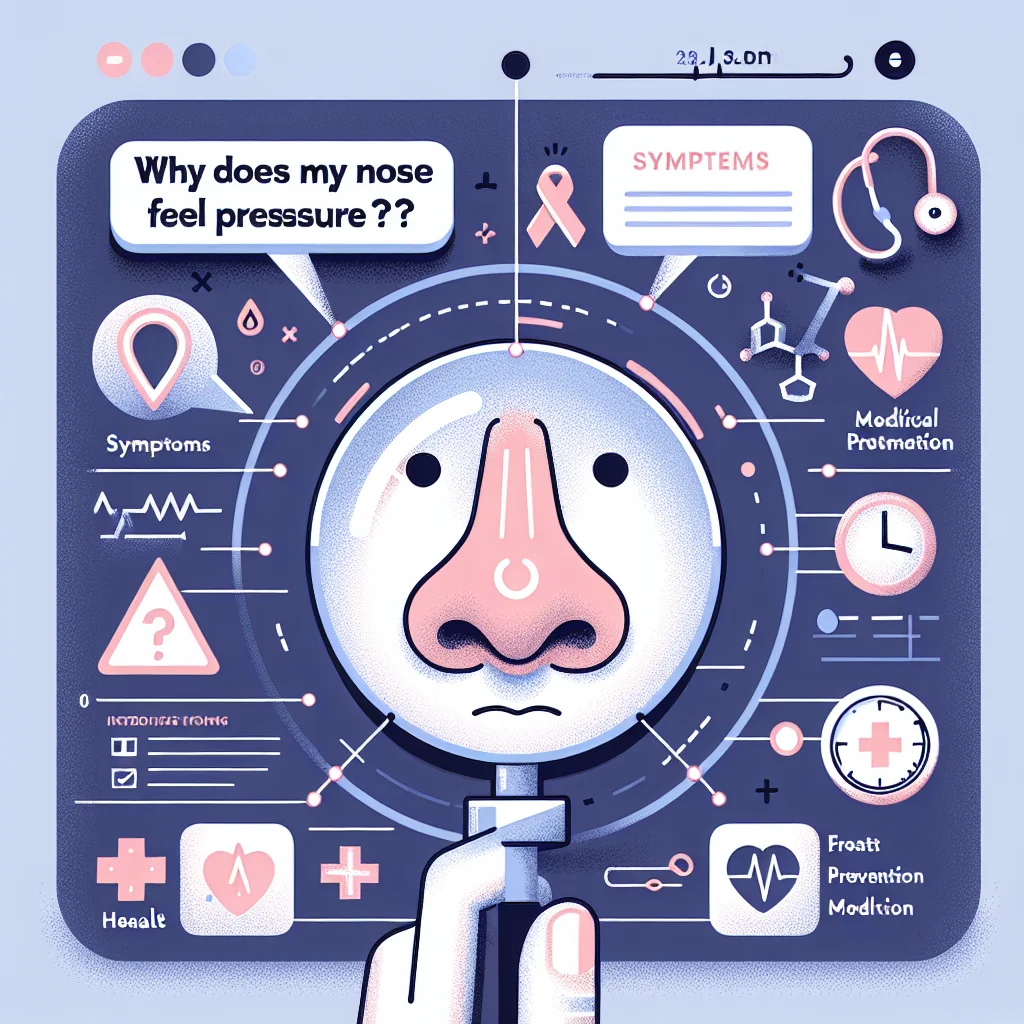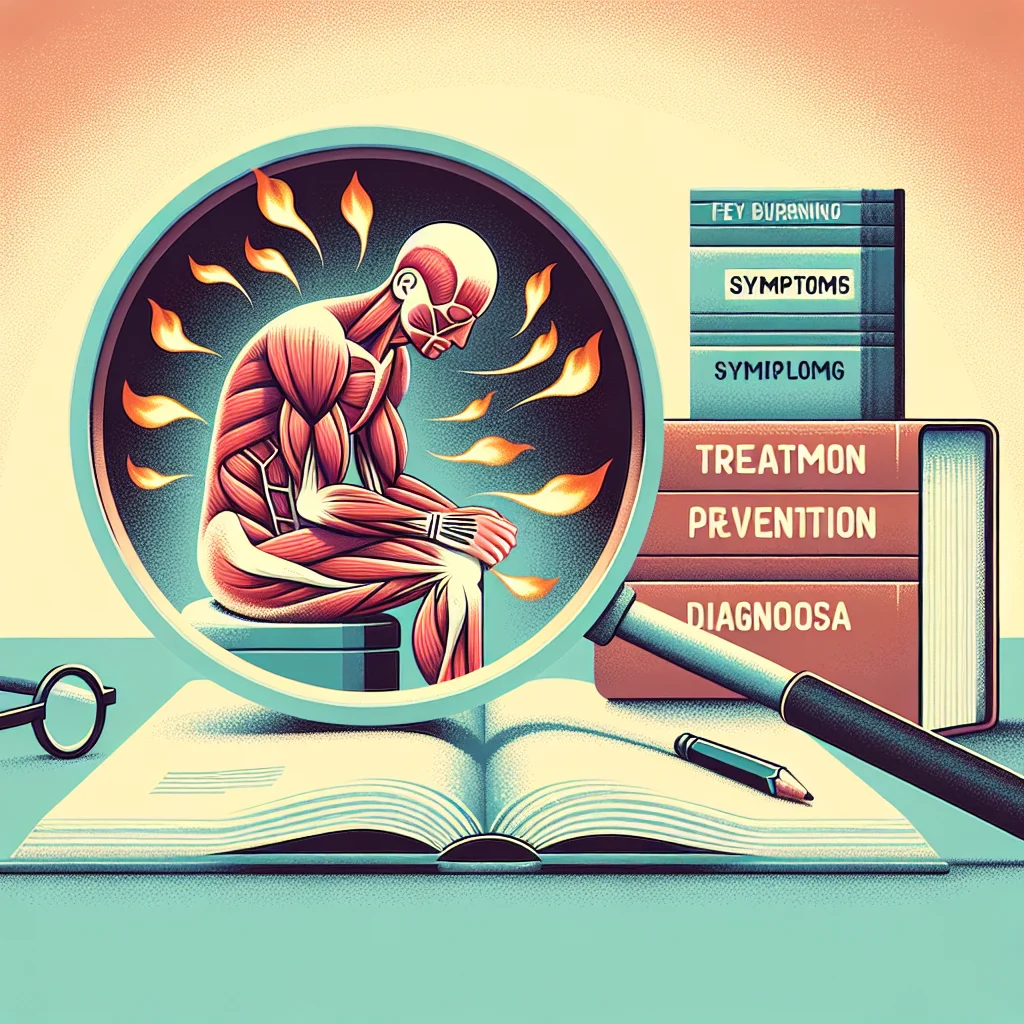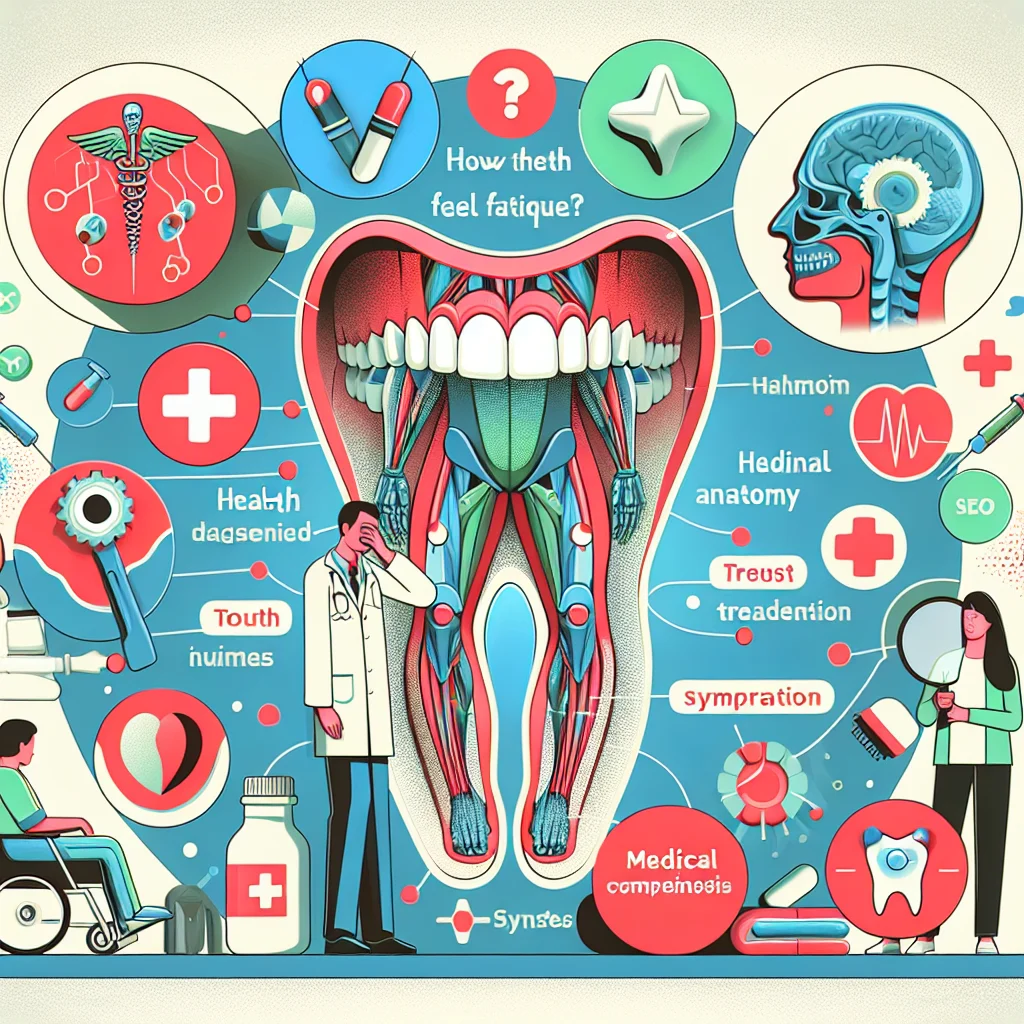
Possible Causes and Medical Insights
Feeling pressure in your nose can be an unsettling experience, often leaving you wondering about the underlying cause. Commonly, nasal pressure is due to conditions like sinusitis, allergies, or even the common cold. These issues can cause inflammation and swelling within the nasal passages and sinus cavities, leading to that familiar, uncomfortable pressure sensation. Understanding why your nose feels pressure is the first step towards finding effective relief and ensuring your overall nasal health.
Other possible causes include nasal polyps, deviated septum, or even environmental irritants such as dust and pollution. In some cases, persistent or severe nasal pressure may signal a more serious medical condition such as a sinus infection or structural problems within the nasal cavity. Consulting with a healthcare provider can help identify the root cause and guide you toward appropriate treatment options.
Symptoms and Risk Factors
Alongside nasal pressure, you might notice symptoms like nasal congestion, headaches, facial pain, or a reduced sense of smell. These accompanying symptoms can vary in intensity and duration, depending on the underlying cause. For example, allergies often bring sneezing and itchy eyes, while sinus infections may present with thick nasal discharge and fever. Recognizing these associated symptoms can help narrow down potential causes and indicate when professional medical advice may be necessary.
Certain risk factors can increase your likelihood of experiencing nasal pressure. These include having a history of allergies, frequent upper respiratory infections, exposure to environmental irritants, or anatomical variations such as a deviated septum. Individuals with weakened immune systems or chronic respiratory problems may also be more susceptible. Understanding your personal risk factors allows you to take proactive steps to manage and prevent nasal pressure issues.
Diagnosis and When to See a Doctor
If you're wondering, "Why does my nose feel pressure?" and the sensation persists for more than a week, or is accompanied by severe pain, fever, or vision changes, it's important to seek medical evaluation. Health professionals may use a combination of physical examination, symptom assessment, and diagnostic tests such as nasal endoscopy or sinus imaging to determine the exact cause. Early diagnosis is key to effective treatment and preventing complications.
During your medical visit, your doctor will inquire about your symptoms, their duration, and any previous treatments you've tried. Be prepared to provide a detailed medical history, as this can help pinpoint underlying conditions like allergies or chronic sinusitis. If necessary, allergy testing or referrals to specialists like an ear, nose, and throat (ENT) doctor may be recommended to further investigate persistent or unexplained nasal pressure.
Prevention and Home Remedies
There are several practical steps you can take at home to prevent and manage nasal pressure. Maintaining good hydration, using a humidifier, and practicing proper nasal hygiene—such as gentle saline rinses—can help keep your nasal passages clear and reduce inflammation. Avoiding known allergens and irritants is also crucial, especially if you have a history of allergies or respiratory sensitivities.
For mild cases, over-the-counter decongestants or antihistamines may offer relief, but these should be used as directed and not for prolonged periods. Rest, warm compresses, and inhaling steam can also help alleviate symptoms of nasal pressure. If your symptoms do not improve with home remedies or if you notice worsening discomfort, it's important to follow up with your healthcare provider for further evaluation and tailored treatment options.














